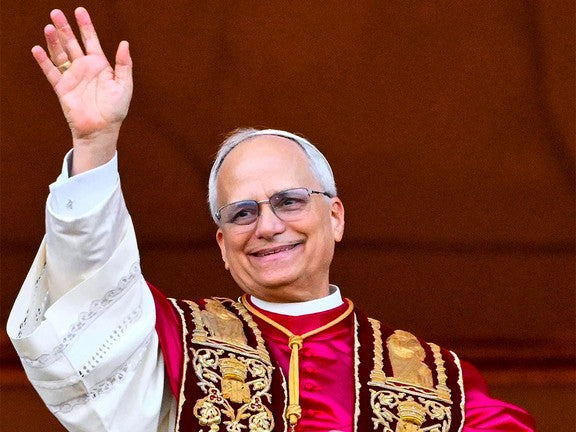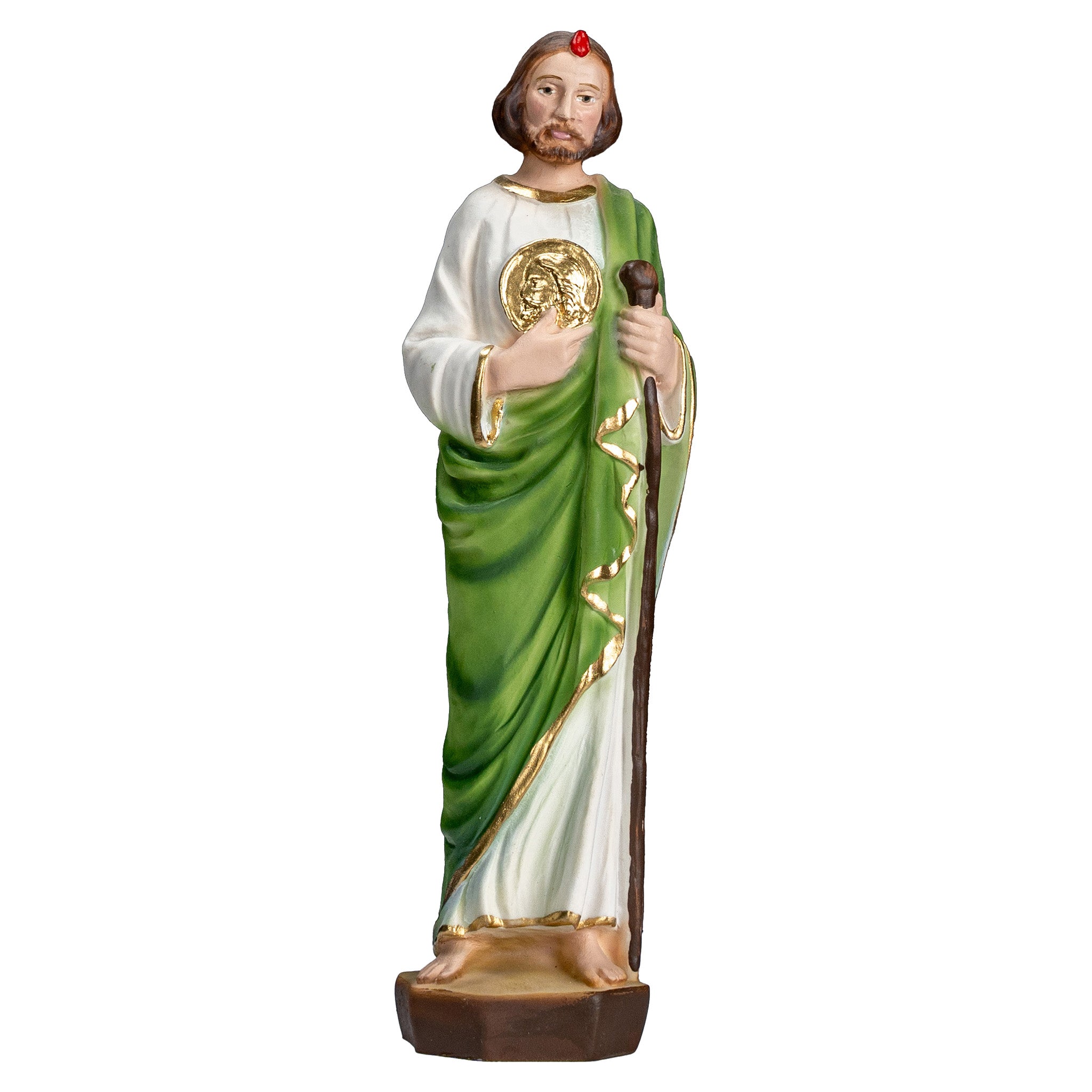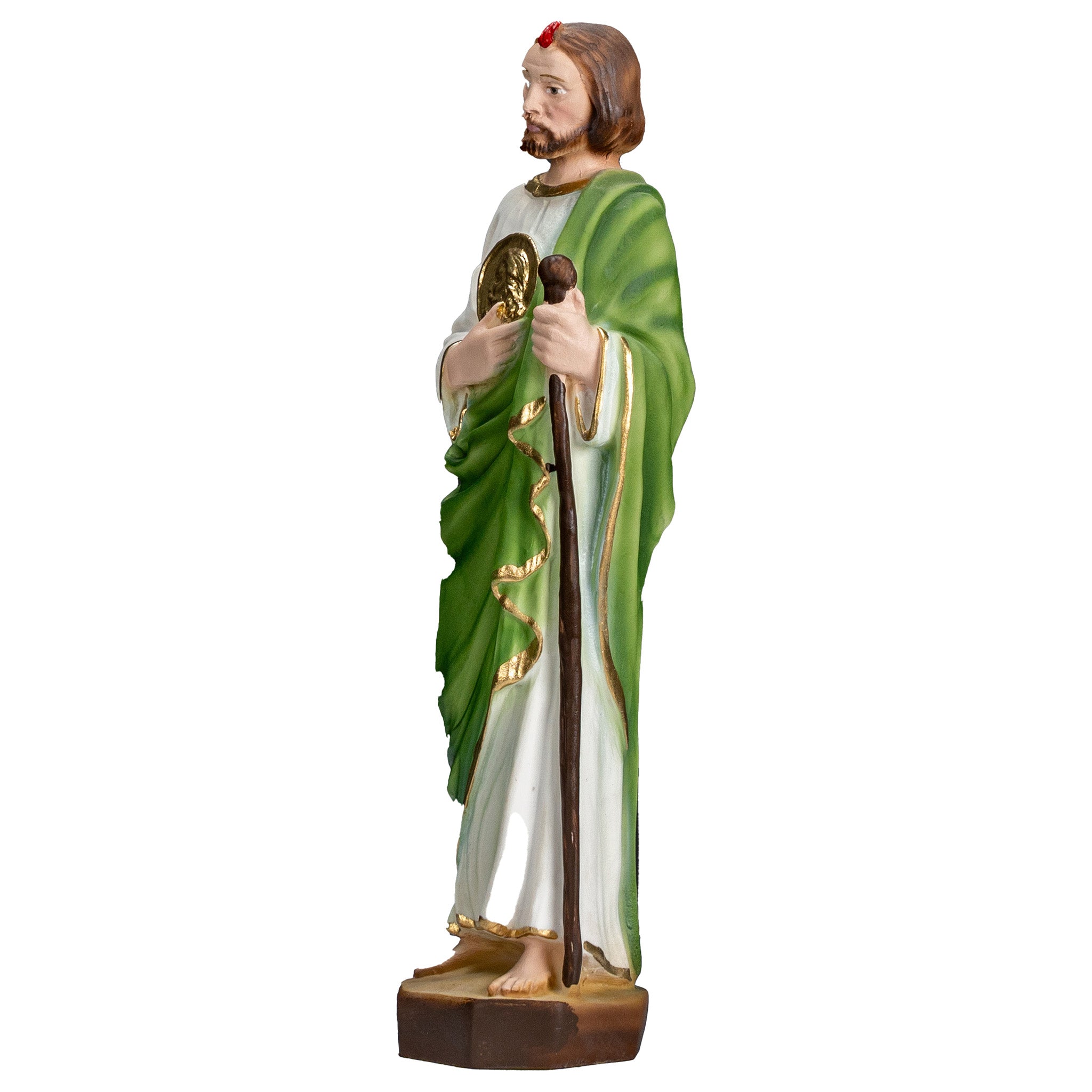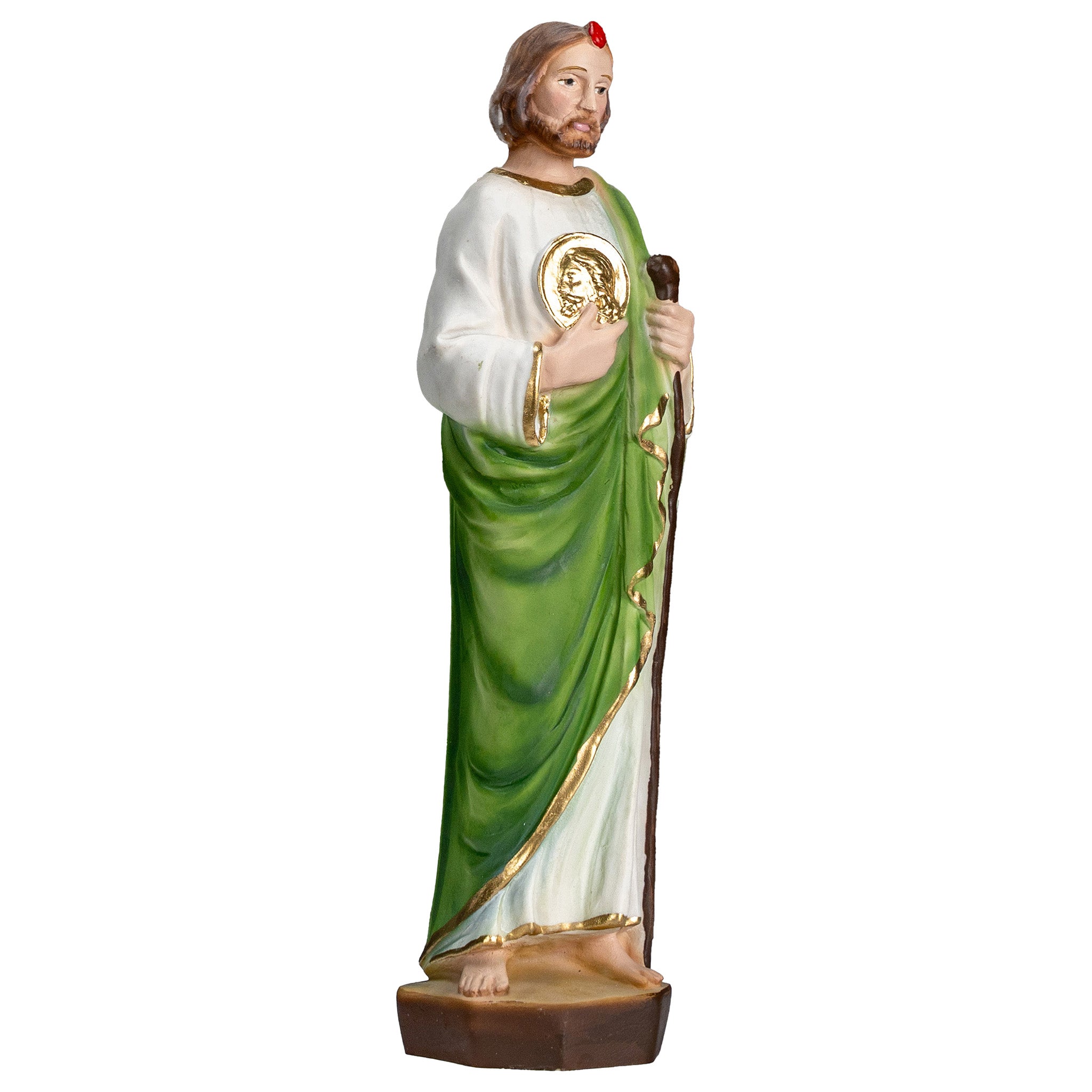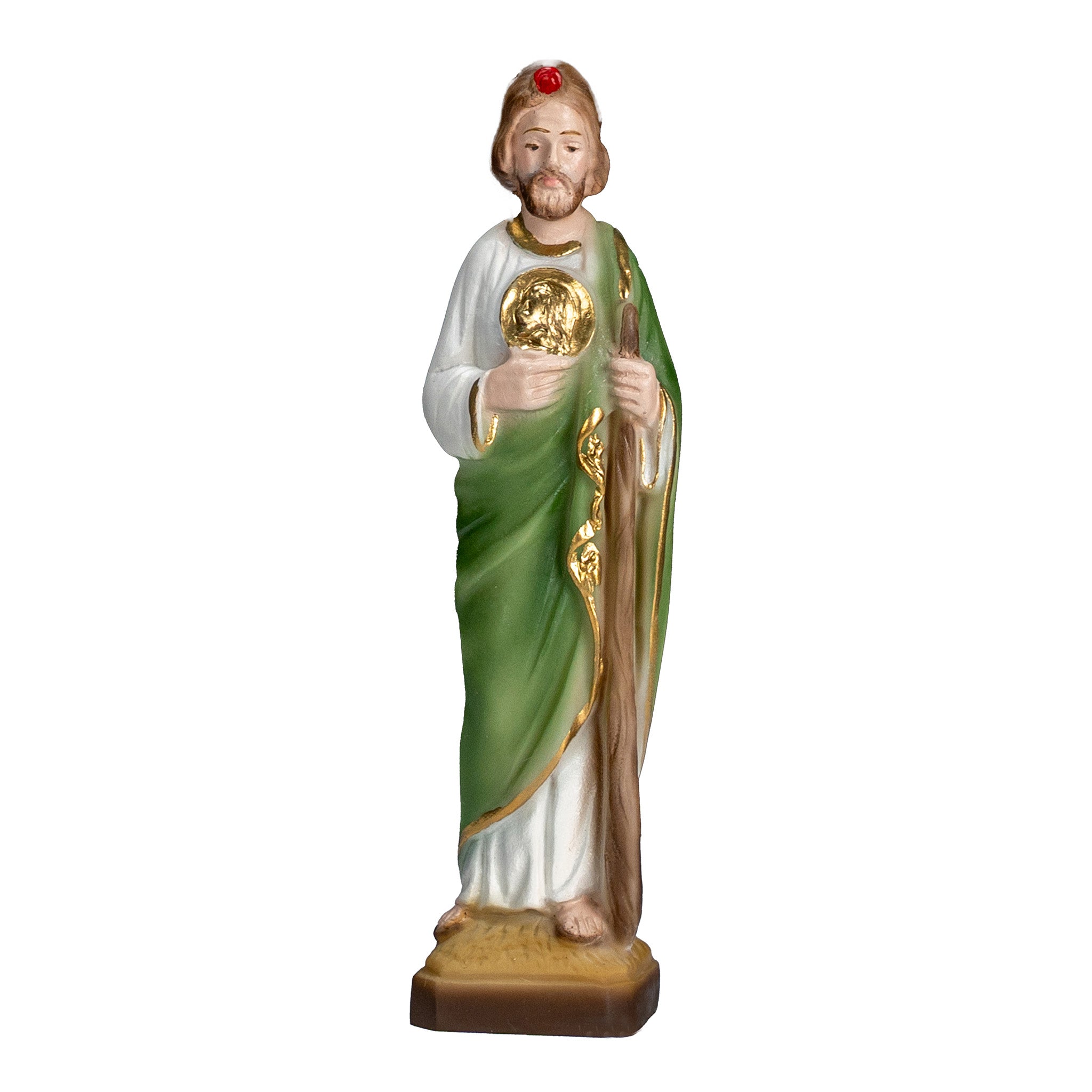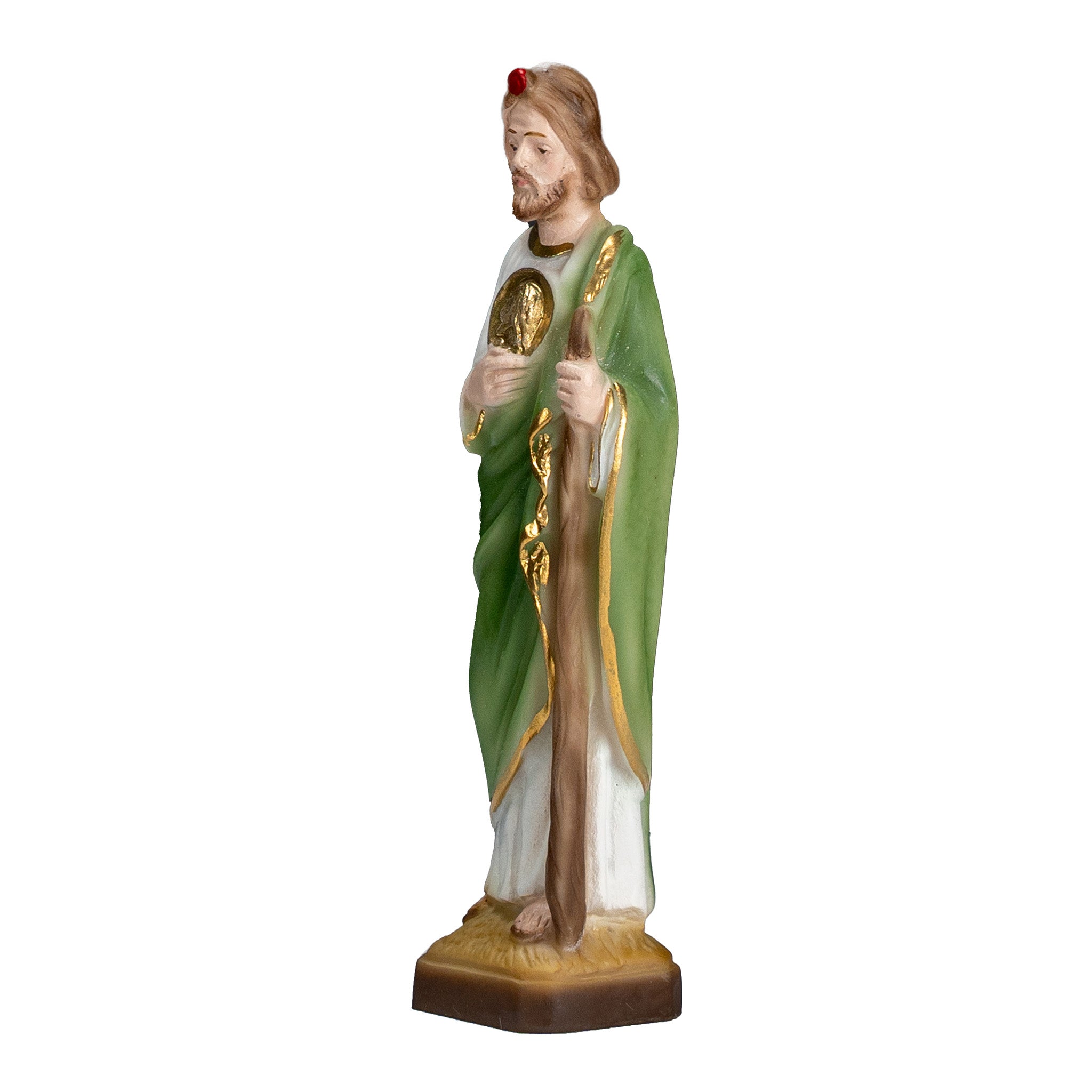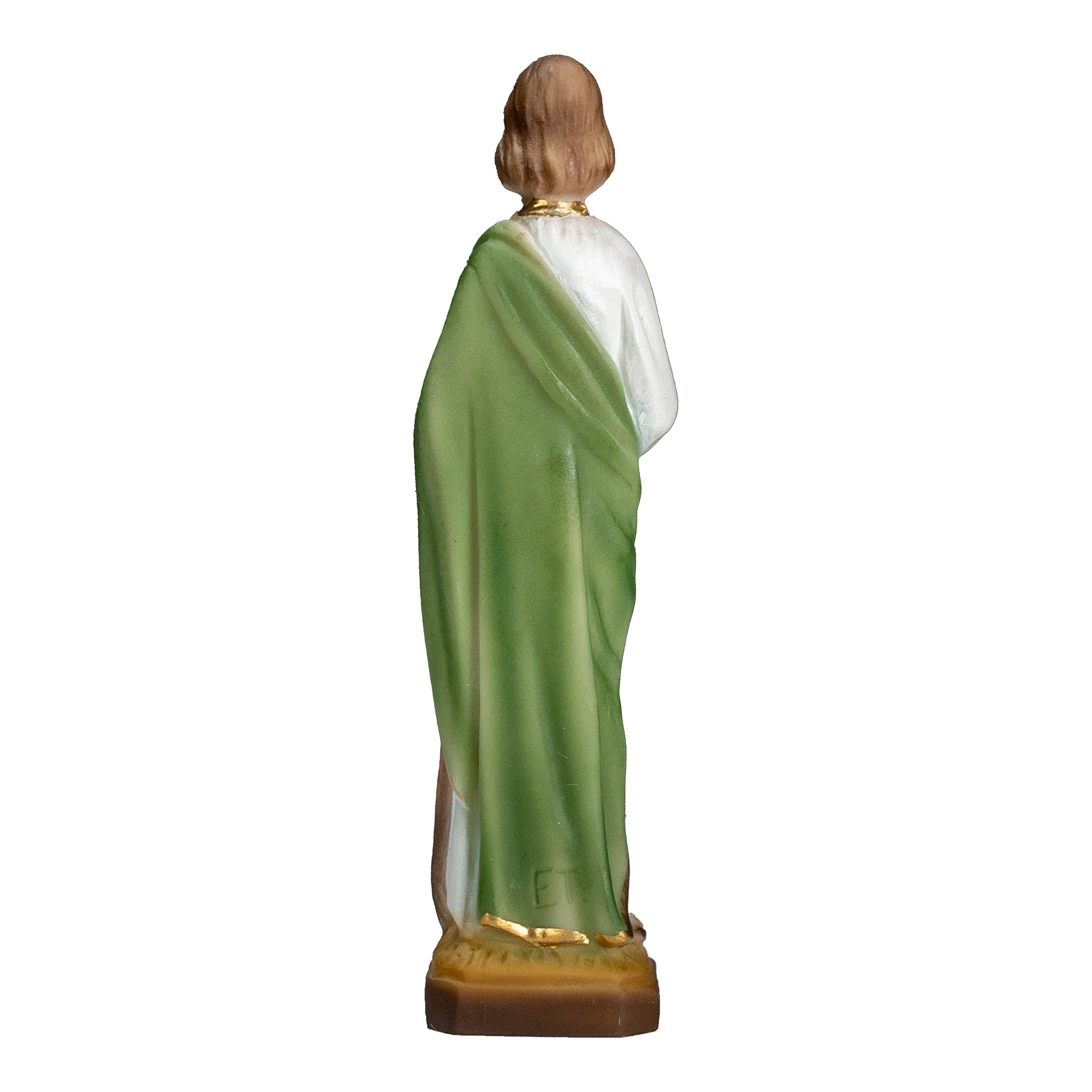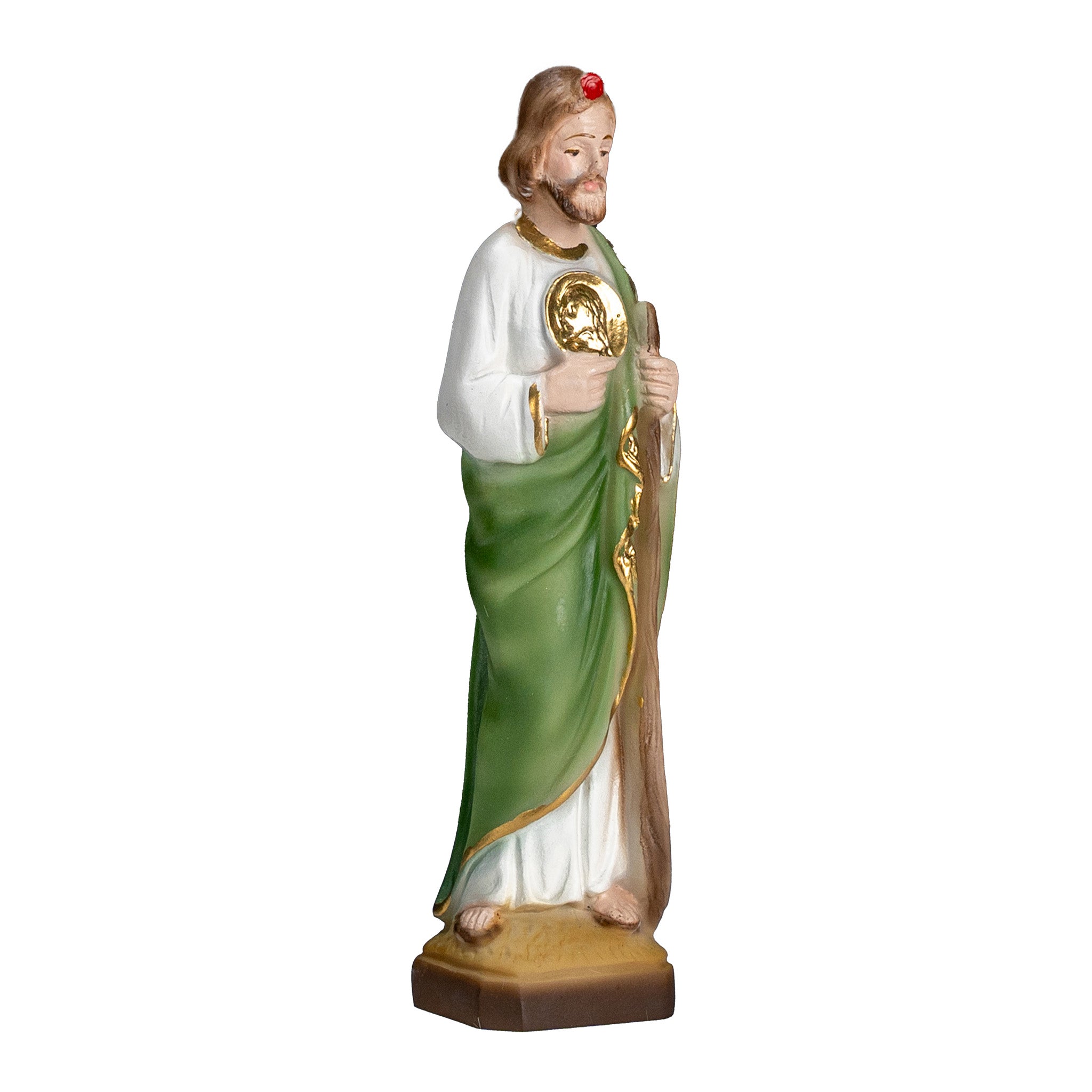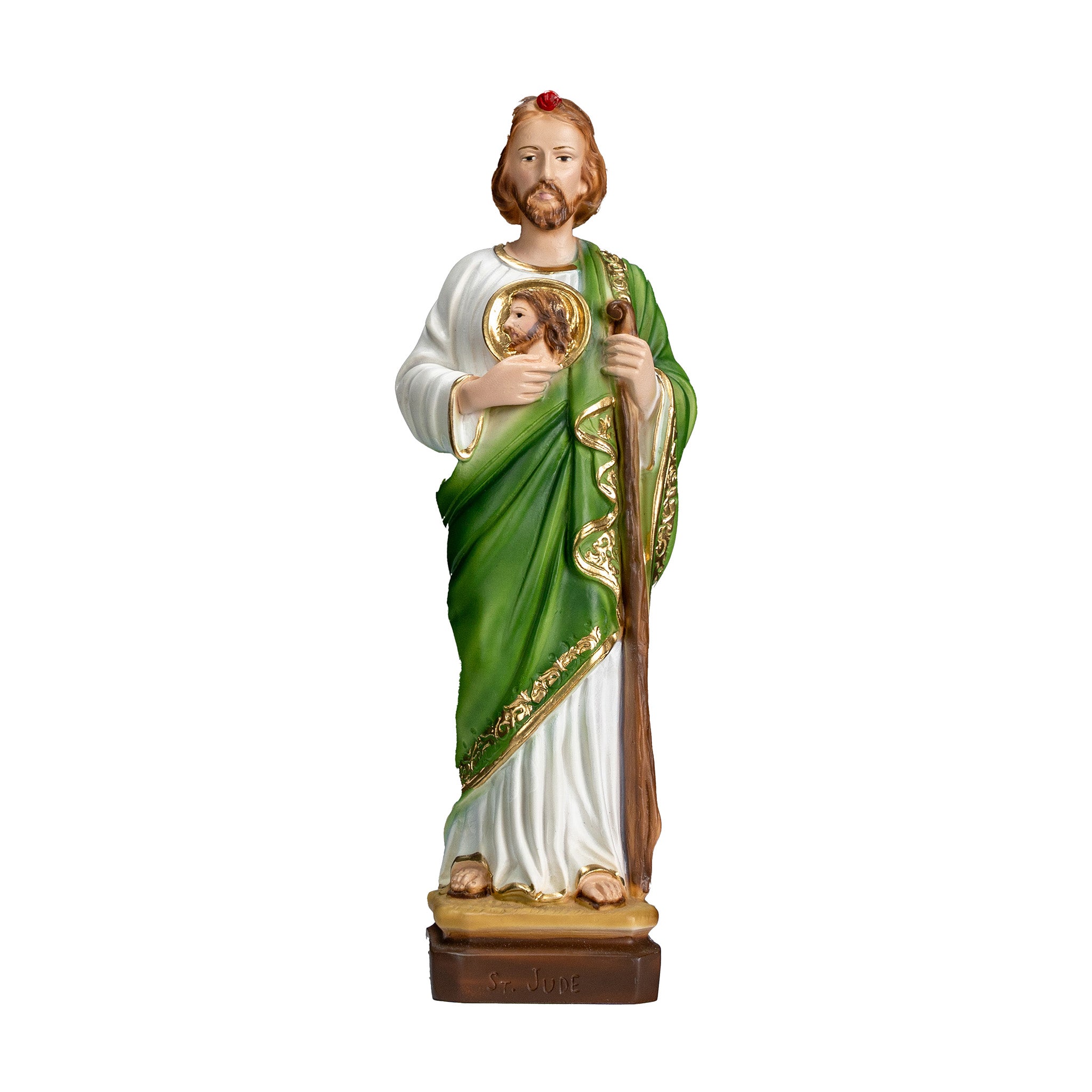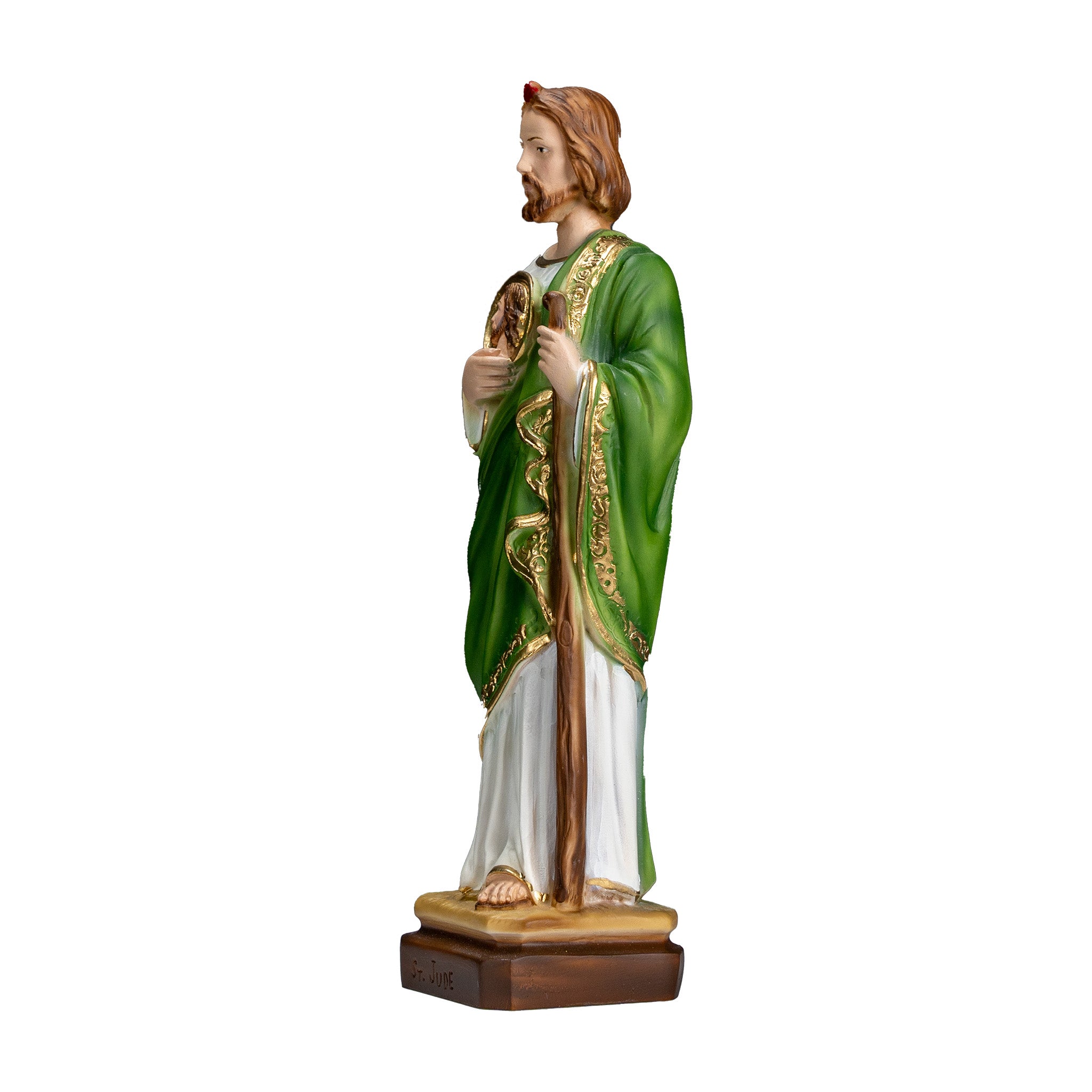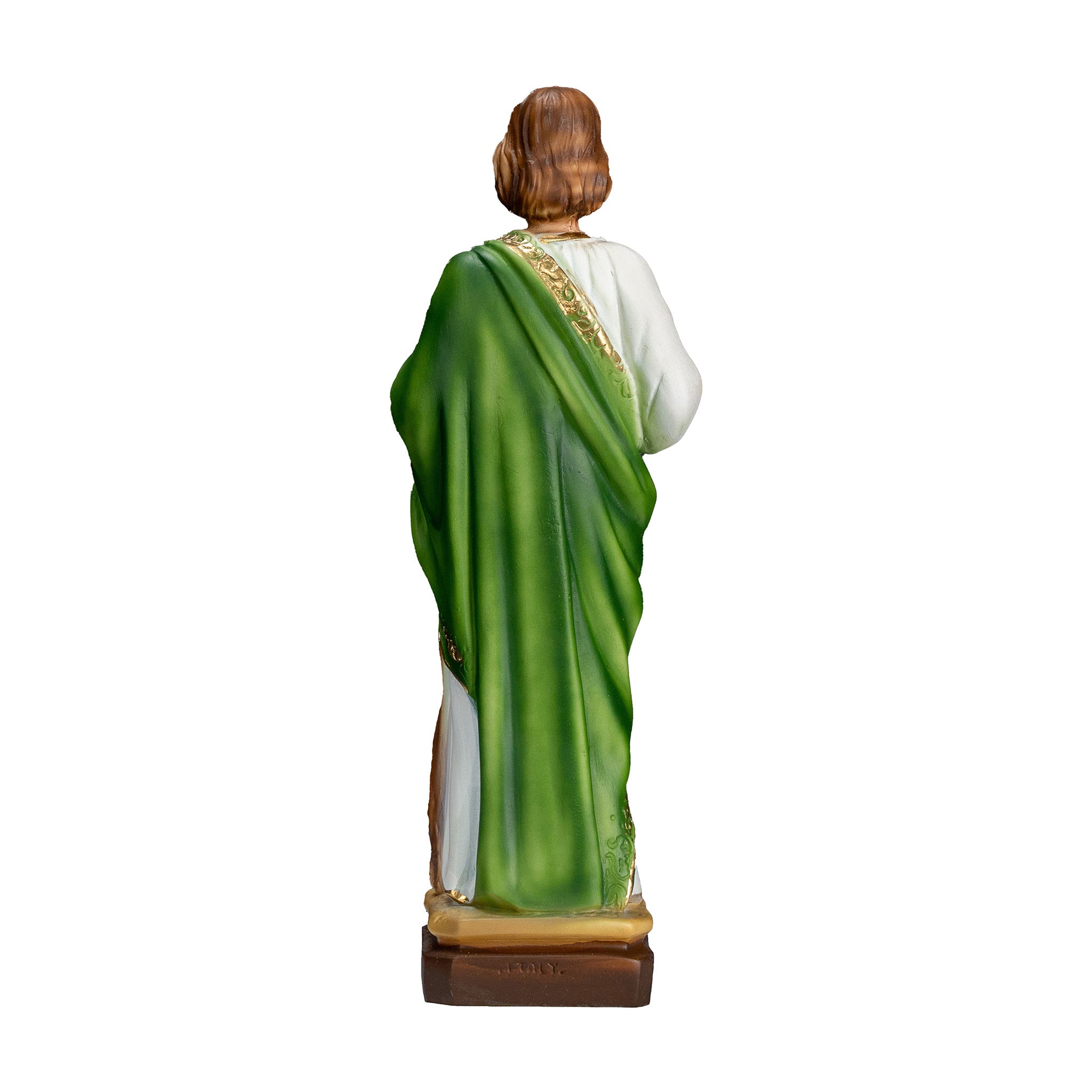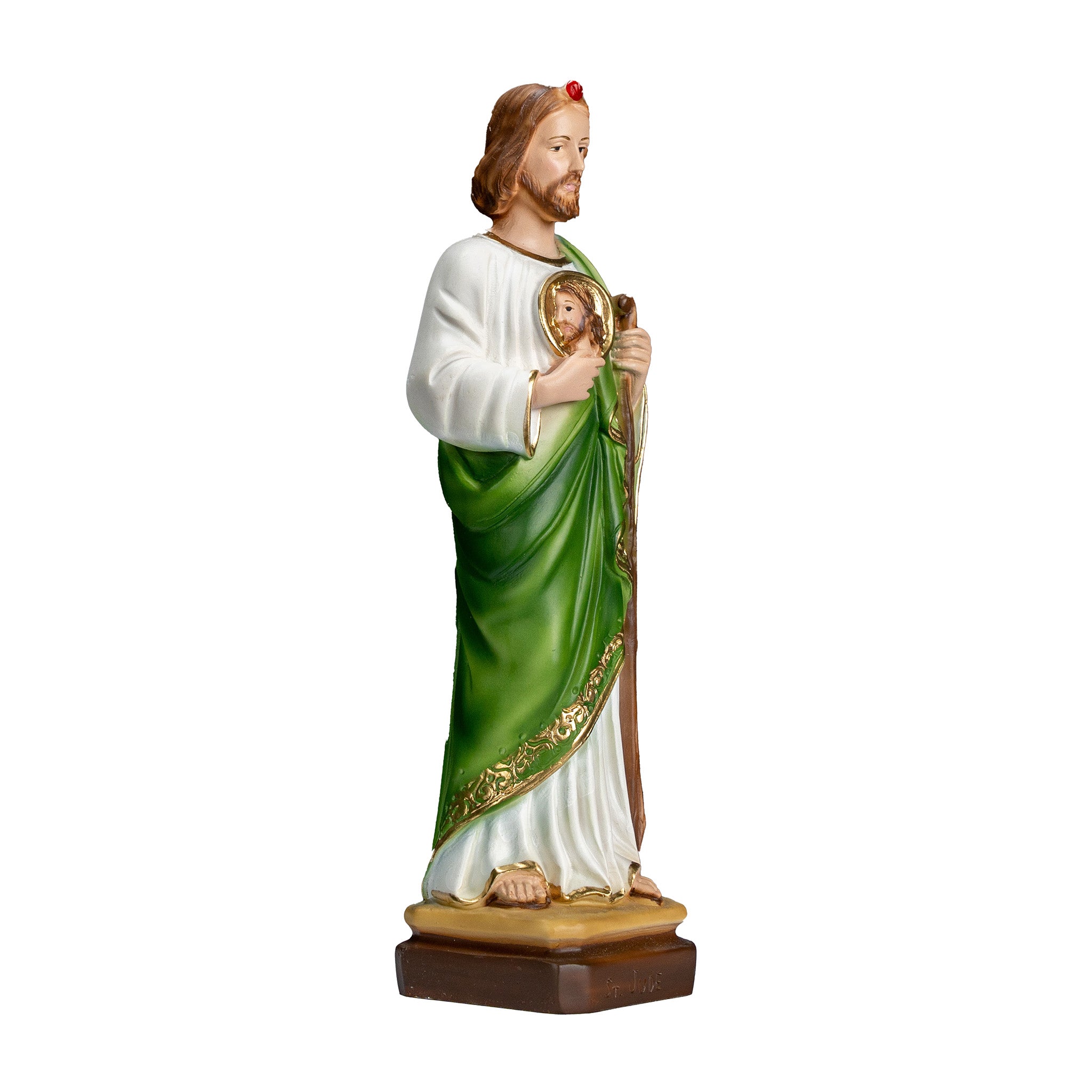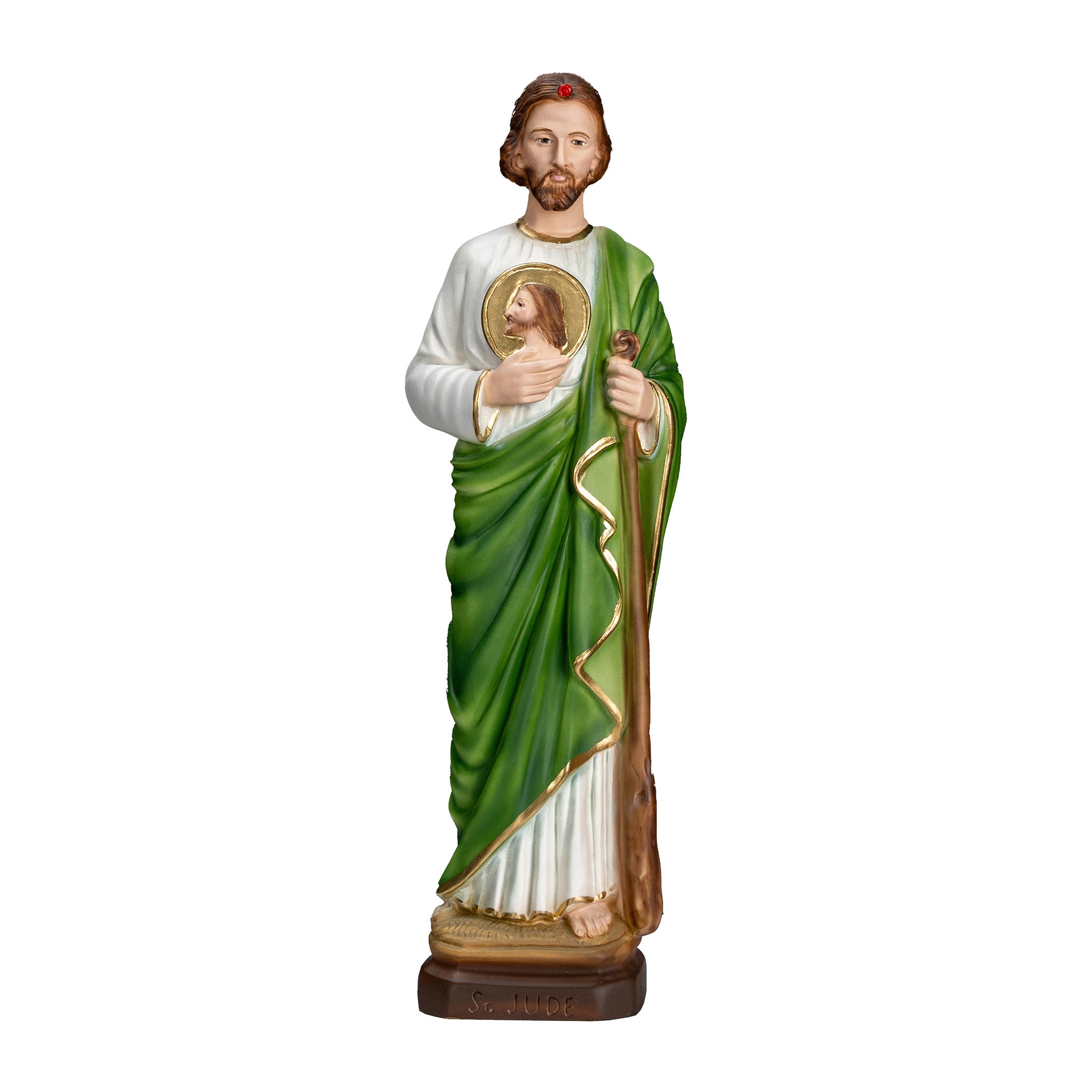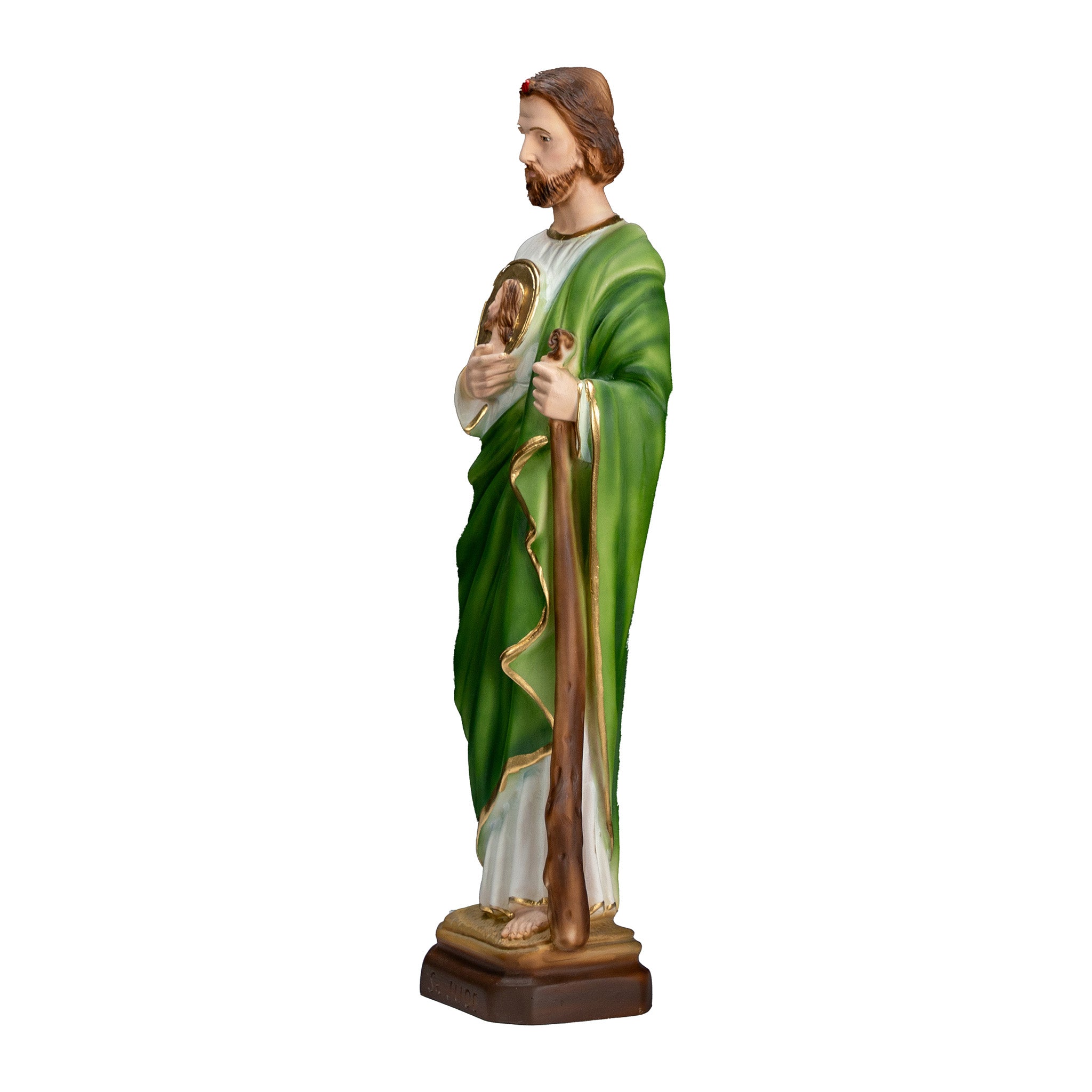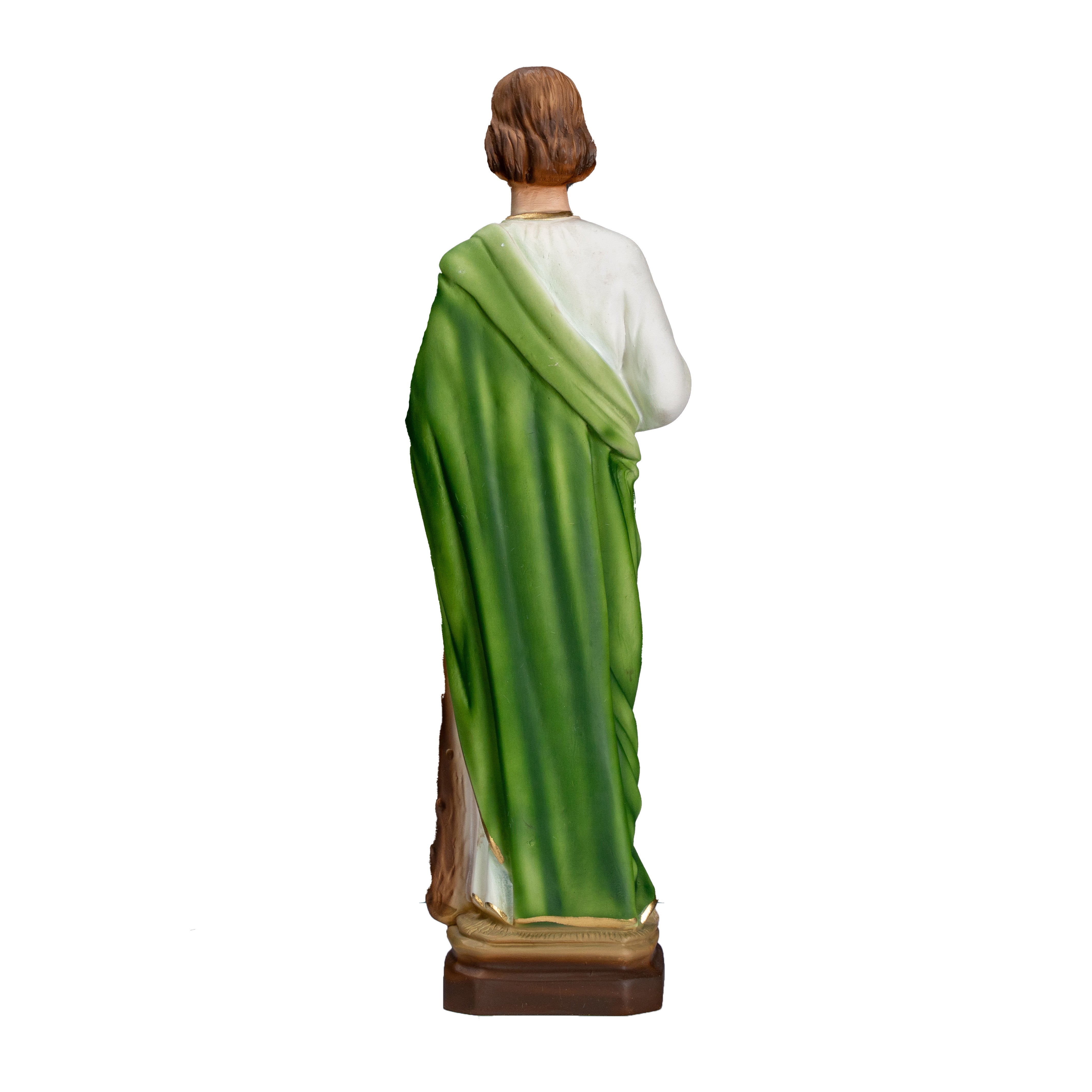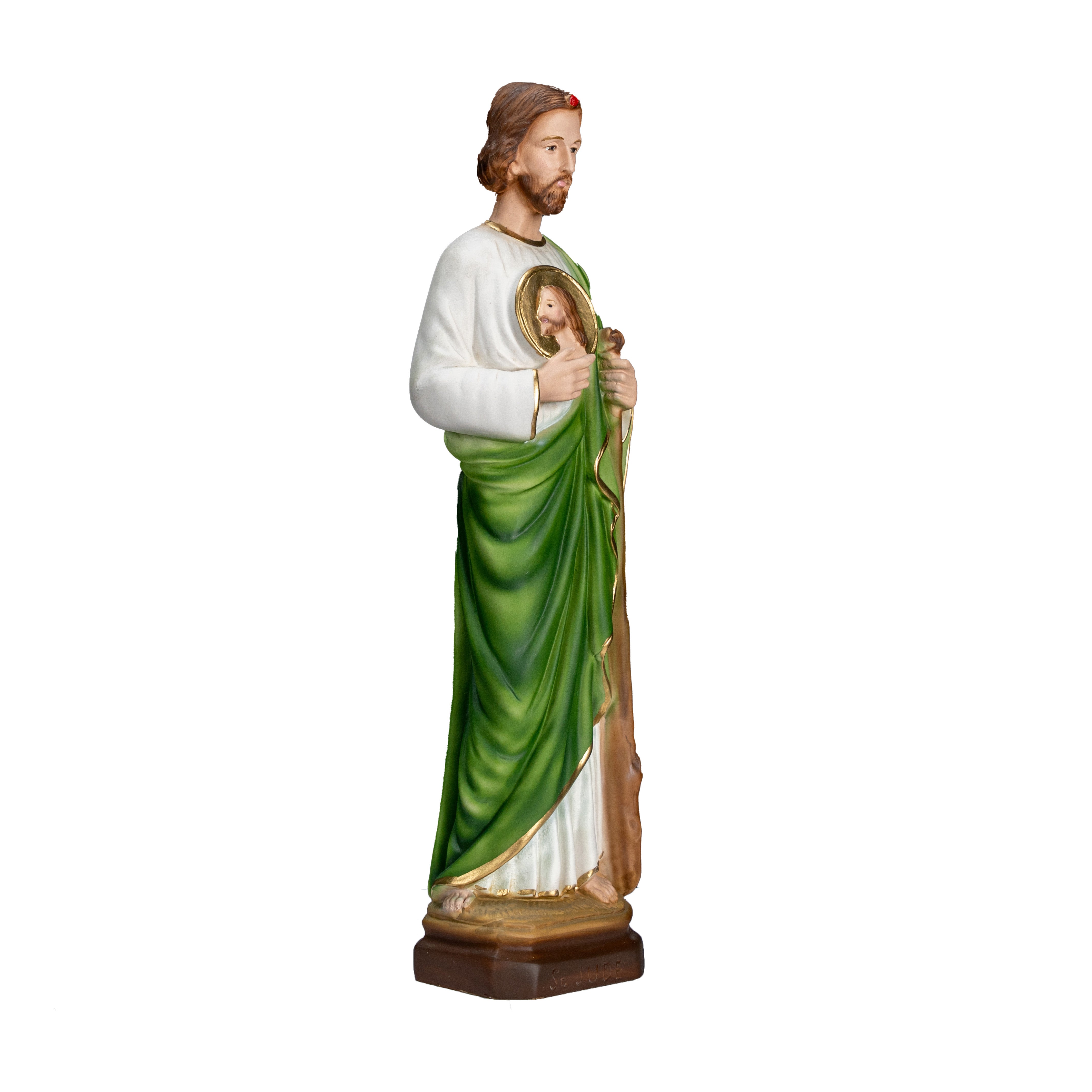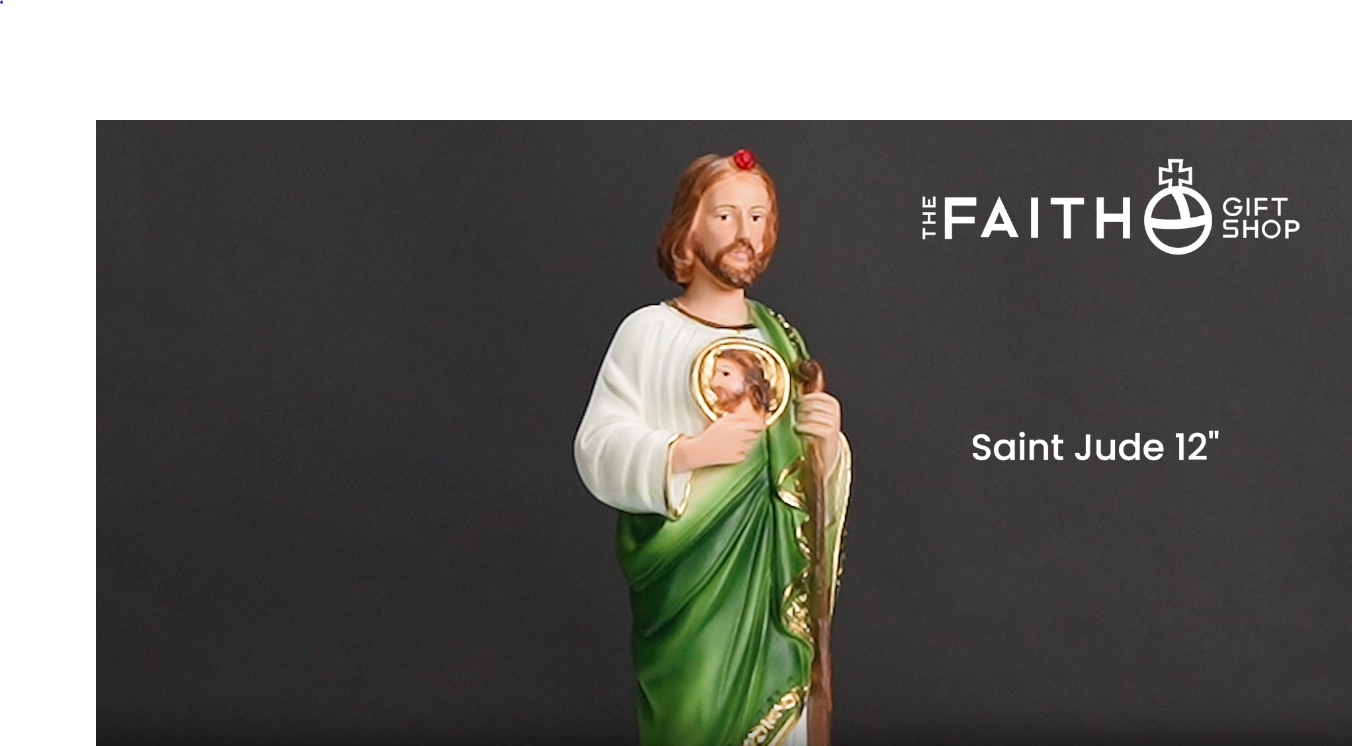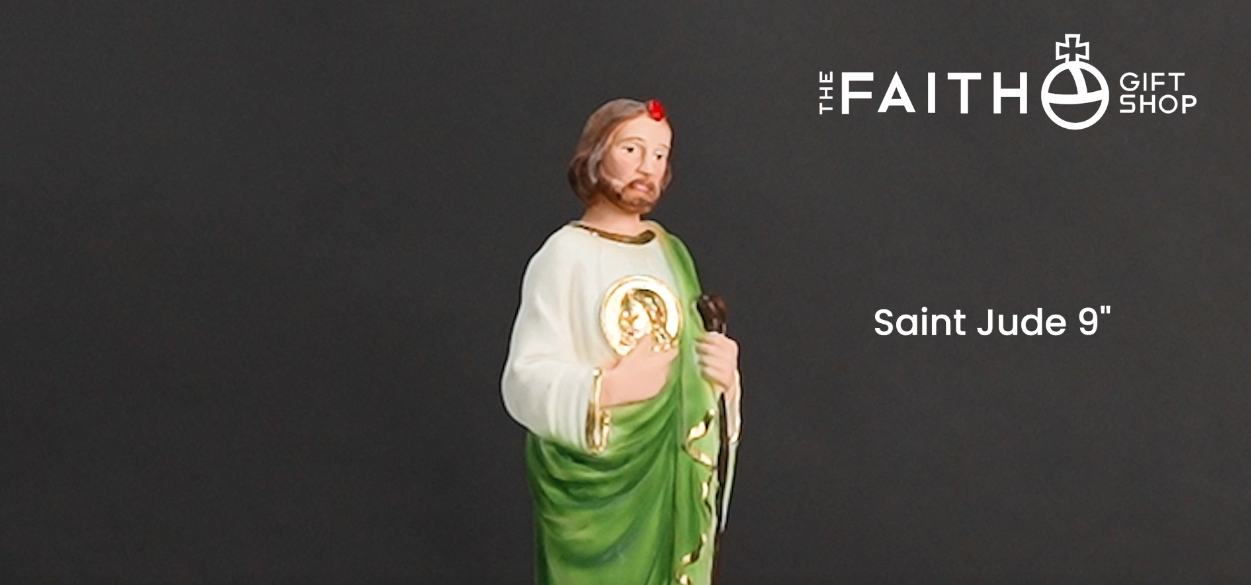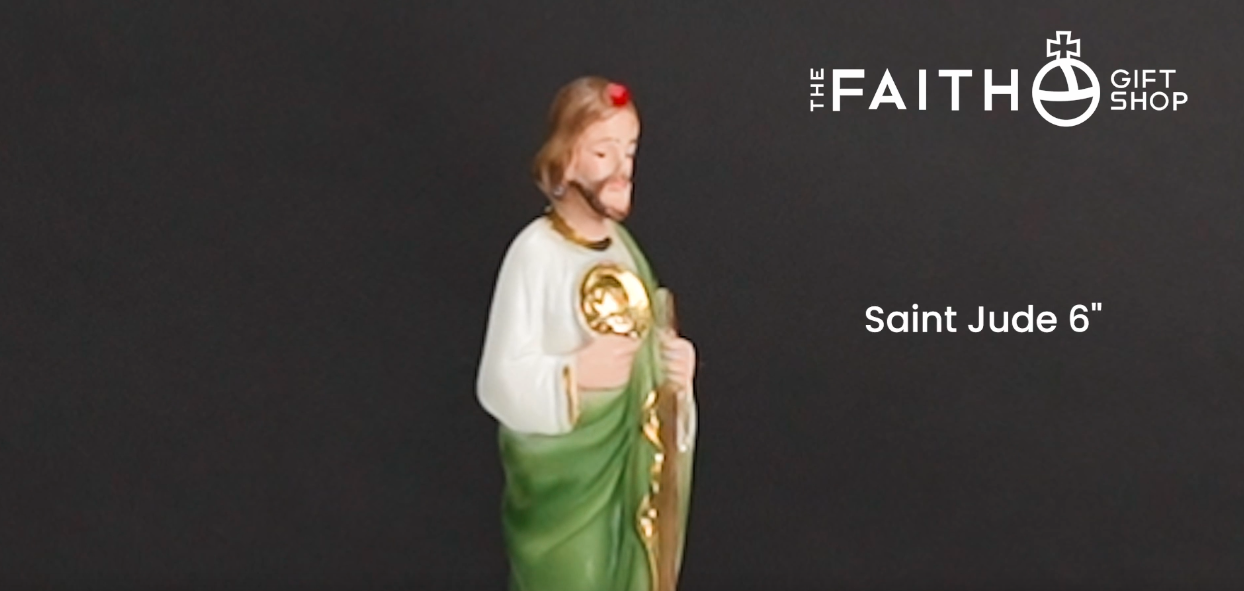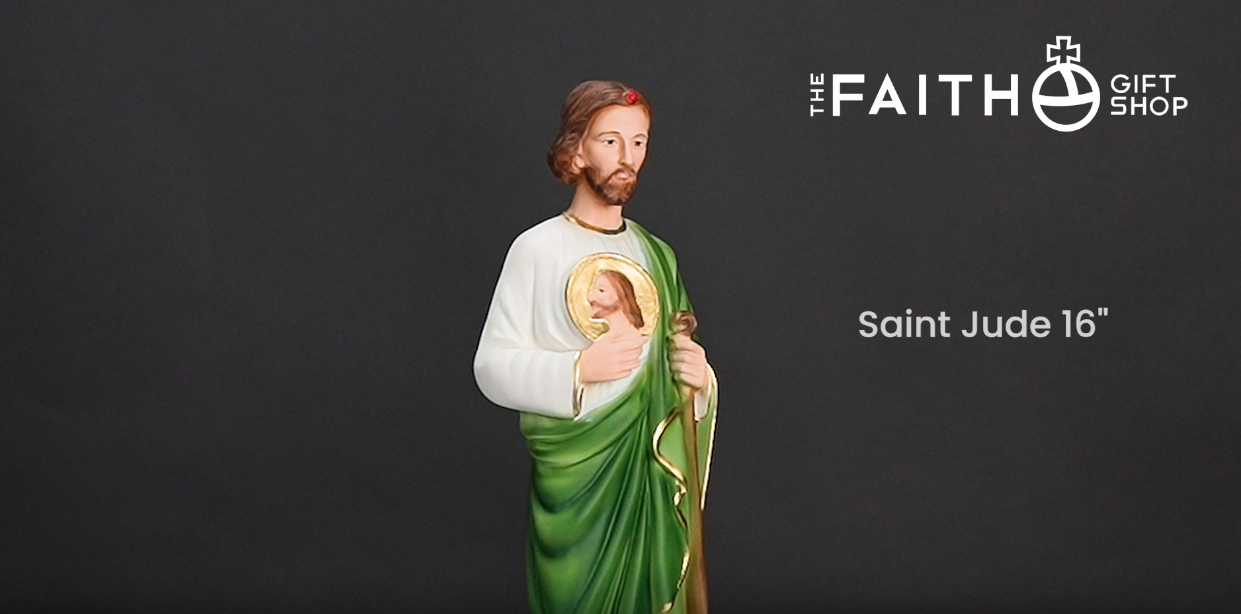Robert Francis Prevost, now Pope Leo XIV, was born in Chicago, USA, marking a historic moment as the first American-born pontiff. His early life was shaped by a deep spiritual journey, leading him to missionary work and theological studies. He found his calling in the Augustinian order, a tradition rooted in unity, faith, and dialogue centered on Christ.
His spiritual journey continued in Latin America and Europe, where he ministered in Peru and later held leadership roles within the Church. His commitment to faith and spiritual development led him to become the head of the Dicastery for Bishops, where he oversaw the selection of new bishops worldwide. His leadership style, shaped by years of missionary service, positioned him as a unifying figure within the Church, carrying forward the values of Christ’s teachings.
Papacy and Historical Significance
On May 8, 2025, Cardinal Prevost was elected as the 267th Pope of the Roman Catholic Church, taking the name Leo XIV. His election was met with great enthusiasm, as he stepped onto the balcony of St. Peter’s Basilica and addressed the faithful with a message of peace and unity, calling upon the example of saints who dedicated their lives to service and holiness. His papacy is expected to focus on several areas like fostering dialogue among different religious traditions, following Christ’s message of love and reconciliation.
He has expressed a vision for a Church that is open, welcoming, and actively engaged in missionary work, ensuring that Catholicism remains accessible to all, with a renewed focus on evangelization and spreading Christ’s message across the world.
Legacy and Future Prospects
Pope Leo XIV’s election signals a shift toward a more inclusive and globally connected Church. His background as a missionary and his commitment to synodality suggest that his leadership will prioritize collaboration and engagement with diverse communities. His emphasis on unity, the cross as a symbol of faith, and interfaith dialogue aligns with the evolving needs of the Catholic Church in the modern era.
As he embarks on his papacy, Pope Leo XIV carries forward the legacy of his predecessors while shaping a new path for the Church. His leadership will undoubtedly leave a lasting impact on Catholicism, reinforcing the values of faith, compassion, and global solidarity, much like St. John Paul II’s mission of strengthening the Church’s presence worldwide.
His journey from Chicago to Rome is a testament to the evolving nature of the Church, embracing leaders from diverse backgrounds to guide its future. Pope Leo XIV’s tenure promises to be one of transformation, dialogue, and renewed commitment to the principles of faith and service, with the cross as a guiding symbol of Christ’s love and sacrifice.

